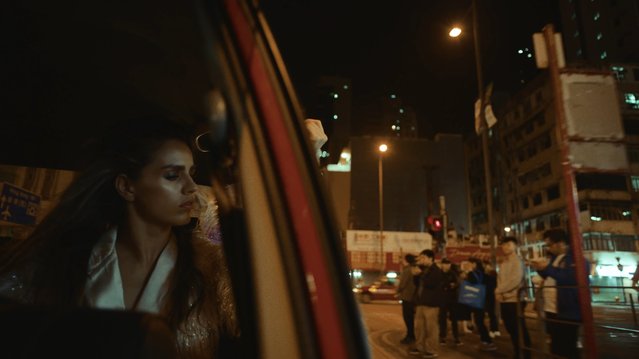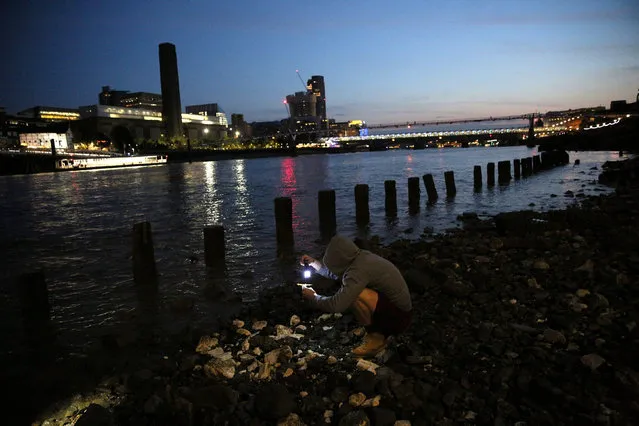
A reveller dressed up as Austrian drag queen and 2014 Eurovision song contest winner Conchita Wurst takes part in New Year's celebrations in Coin, near Malaga, southern Spain, early January 1, 2015. Villagers and revellers dressed up in funny costumes to take part in the New Year's celebration. (Photo by Jon Nazca/Reuters)
02 Jan 2015 12:19:00,post received
0 comments







